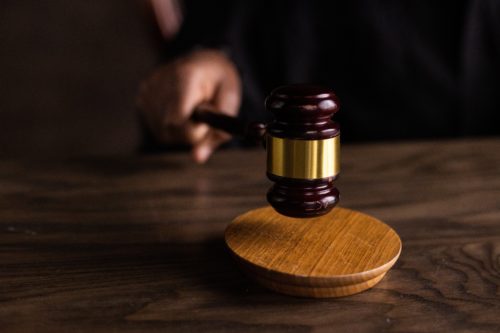
People of all ages commit crimes. Regardless of their age, they can be subject to certain consequences. If the person is under 18 years old, they are known as a juvenile offender in New Jersey. Juvenile delinquency may occur if they commit a criminal act, disorderly persons offense, petty disorderly persons offense, or violate a penal statute, ordinance, or regulation. All juveniles in New Jersey must have legal representation. If their parents or guardian cannot provide it, a public defender may be requested. Continue reading below to learn more about what happens when a child is charged with a crime in New Jersey and contact an experienced Bergen County criminal defense lawyer for assistance.
What is the process when a child is charged with a crime in New Jersey?
There are two main goals of the court during a juvenile case: holding the child accountable for their actions and rehabilitating them. Depending on the nature of the offense, the individual may be taken into the custody of a juvenile facility. The court makes decisions in these cases based on different factors such as the nature of the offense, its severity, the offender’s age, and if they have a prior record. The case can then be handled in one of the following ways:
- Juvenile Conference Committee or Intake Services Conference: The juvenile and their parents discuss the offense with a trained citizen volunteer panel or a Judiciary staff person. This is an informal process and does not establish delinquency. Recommendations are made regarding consequences and given to a judge for approval instead.
- Juvenile referee/Informal court: A hearing takes place where the juvenile admits or denies the offense. The referee reviews the case, determines delinquency, and makes recommendations to the judge. The child’s defense can disagree with the findings before they are given to the judge.
- Judge/Formal court: A judge oversees a court hearing in which the juvenile pleads guilty or not guilty. The court can order a consequence to rehabilitate the child.
What Consequences Can a Juvenile Face?
If the juvenile is found guilty, they have the potential to face certain consequences as a result of their actions. This can include:
- Community service
- Fines
- Probation
- Release to a parent or guardian
- Required support services or parental involvement
- Residential mental health and/or substance abuse and alcohol treatment
- Restitution
- Transfer of custody
- Secure confinement/incarceration
- Suspended driver’s license
- Work, outdoor, academic, and/or vocational programs
If you have any further questions or would like to speak with an attorney from our seasoned legal team, simply contact us today so we can protect your child’s future.